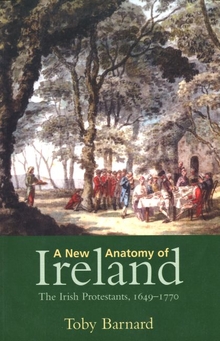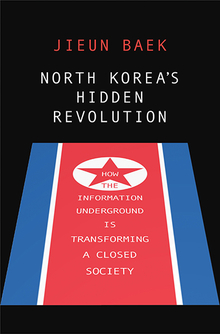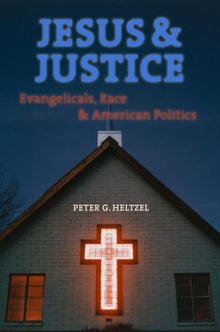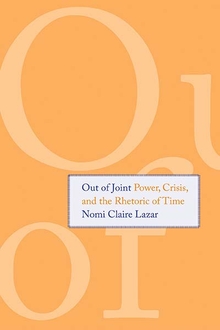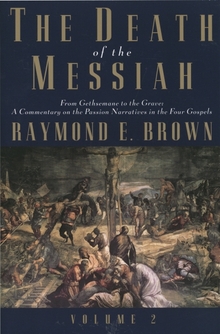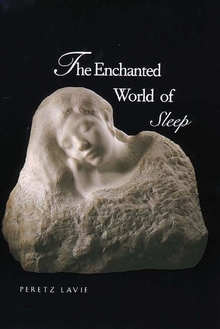The Politics of Faith and the Politics of Scepticism
WARNING
You are viewing an older version of the Yalebooks website. Please visit out new website with more updated information and a better user experience: https://www.yalebooks.com
Michael Oakeshott; Edited by Timothy Fuller
Out of Print
In this polished and hitherto unknown work, Oakeshott argues that modern politics was constituted out of a debate, persistent through centuries of European political experience down to our own day, over the question "What should governments do?" According to Oakeshott, two different answers have dominated our thought since the fifteenth century. One, exemplified by such thinkers as Rousseau and Marx, expresses a belief in the capacity of human beings to control, design, and monitor all aspects of social and political life, a belief fostered by the intoxicating increase in power available to governments in modern times. On the other hand, sceptics such as Montaigne, Pascal, and Hobbes argued that governments cannot, in principle, produce perfection and that we should prevent concentrations of power that may result in tyrannies that oppress the dignity of the human spirit. Oakeshott exposes the pitfalls of both positions and shows the value of a middle ground that incorporates scepticism with enough faith to avoid total quietism. Readers of Oakeshott will find here the thinking that lies behind his famous definition of politics as "the pursuit of intimations.".
"It has been a joy to have the privilege of reading a remarkable, frequently brilliant 'new' work by Oakeshott. This is a very important addition to his corpus."—Patrick Riley, University of Wisconsin
"This small book illuminates, as do few recent publications, the fascinating and treacherous terrain of modern European political thought. Indeed, its deft and gracefully learned exposition puts to shame the steady stream of hot-off-the-press scholarship that has flooded the field of academic political theory. to read this unexpected new book by Oakeshott is to be reminded of the artistry of the intellect and the dignity of the human mind."—Peter Berkowitz, First Things
"The lucidity and attractiveness of the reasoning and style of Michael Oakeshott's work is such that readers will look forward to the publication which Yale University Press is now undertaking of a substantial collection of hitherto unpublished writing."—Peter Gosden, Journal of Educational Administration and History
"By general consensus, Oakeshott is the most striking and original British political thinker of the century. . . . Anyone interested in the nature of politics and government will find this book of interest, and many will want to direct their senior students to it as an accessible introduction to Oakeshott's thought."—William Christian, University of Guelph, Perspectives on Political Science
"We are grateful to the editor Tim Fuller for making available this little gem that combines philosophical insight and historical investigation in the exposure of the two 'styles' of modern European politics, without the elaborate prose to which Oakeshott has accustomed his readers: the absence of the typical flamboyant style that characterizes Oakeshott's published works, enables us to grasp his line of thought in the making and renders his arguments crystal clear. . . . A sublime mememto."—Giovanni Giorgini, Political Studies
"The Politics of Faith and the Politics of Scepticism is concerned to trace the deepest and most permanent features of the modern European political landscape over the last five hundred years, and this it does in an original, insightful, and frequently eloquent manner. We are fortunate that the book has finally seen the light of day."—Paul Franco, Bowdoin College, Political Theory
"Michael Oakeshott crystallizes what for him are the two 'poles' of modern political thought, 'the politics of faith' . . . and 'the politics of skepticism. . . . By clarifying 'the charges of the poles of our political activity, each exerting a pull which makes itself felt over the whole range of government,' he has written a guide to the future of political thought."—Joseph Landau, Wilson Quarterly
Publication Date: May 29, 1996


